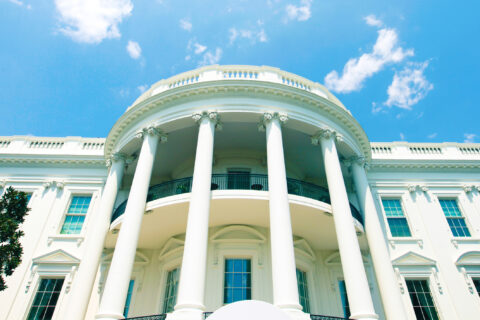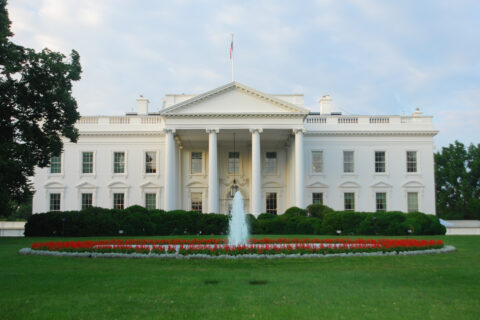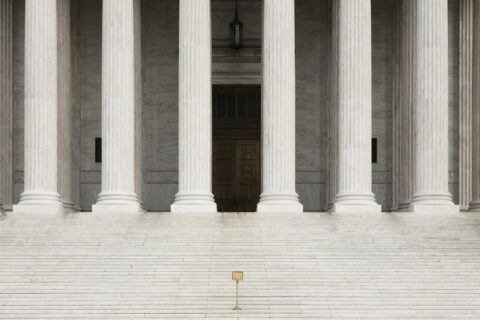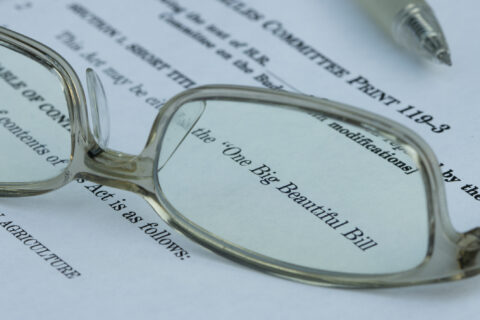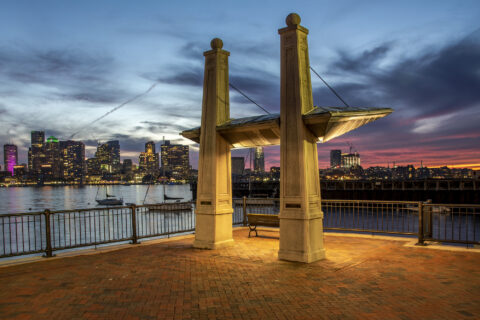New York requires all health care workers to be vaccinated against COVID-19 and includes no religious exemption. Over the objections of Justices Thomas, Alito, and Gorsuch and without a written opinion, in We the Patriots USA v. Hochul, the Supreme Court allowed New York’s vaccine mandate to remain in effect while litigation over it continues in the lower federal courts.
A number of health care workers challenged the mandate’s lack of a religious exemption on numerous grounds. The Second Circuit refused to grant the challengers a preliminary injunction, meaning the law would remain in place while further litigation occurred. Before the Supreme Court the challengers only argue that the mandate violates the First Amendment’s Free Exercise of Religion Clause.
Per Supreme Court precedent if a rule is “neutral and generally applicable” it is generally constitutional even if it burdens religious practice. If a rule isn’t “neutral and generally applicable” and it burdens religion, it is usually unconstitutional.
Before the Second Circuit the challengers argued the mandate wasn’t neutral toward religion because Governor Cuomo promised it would include a religious exemption but it didn’t. The Second Circuit rejected this argument noting in the eight days between Governor Cuomo’s promise and the mandate being issued the administration changed, the FDA fully approved the Pfizer vaccine, and Delta became the dominant variant in the state. According to the Second Circuit, the challengers “have not adduced facts establishing that the change stemmed from religious intolerance, rather than an intent to more fully ensure that employees at healthcare facilities receive the vaccine in furtherance of the State’s public health goals.”
The challengers also argued before the Second Circuit that the lack of a religious exemption, when medical exemptions are available, means the vaccine mandate isn’t generally applicable. The Second Circuit doubted religious and medical exemptions are comparable because medical exemptions are limited in duration for those with temporary conditions and the data before the court indicated religious exemptions are more numerous than medical exemptions.
In the challenger’s request to the Supreme Court to block New York’s mandate from going into effect they pointed out that Justices Alito, Thomas, and Gorsuch would have prevented a similar Maine mandate from going into effect and that Justices Kavanaugh and Barrett declined to review the Maine case because at the time no other court had addressed this issue. But now three federal circuit courts of appeals have decided a vaccine-mandate-with-no-religious-exemption case. The challengers also argued their case is stronger than Maine’s because New York government officials “orchestrated a religious gerrymander to single out religious believers.”
New York relied heavily on the Second Circuit’s decision when trying to convince the Supreme Court not to freeze New York’s law in place while litigation continues: “As the Second Circuit found, nothing in this record indicates any hostility to or singling out of religious beliefs that would render the emergency rule nonneutral. Nor does the availability of a medical exemption undercut the rule’s general applicability. The rule’s medical exemption is tightly constrained in both scope and duration . . . and it serves rather than undermines the rule’s objective of protecting the health of healthcare workers. For these reasons, the medical exemption is not comparable to the religious exemption that plaintiffs seek, and thus does not support any inference that otherwise similarly situated religious interests are being disfavored.”


